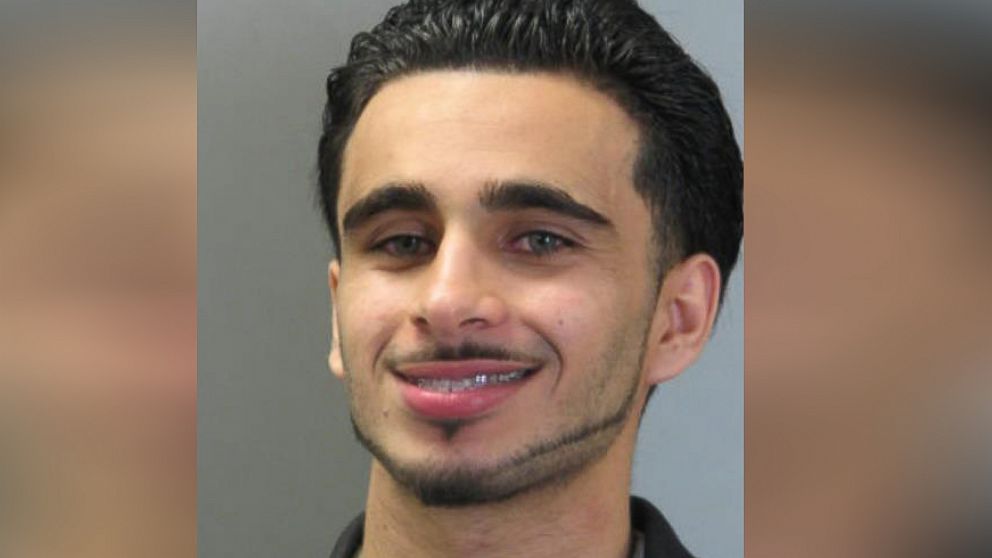Man Accused of Joining ISIS Did Not Want to Be Suicide Bomber, Lawyer Says
Mohamad Khweis was captured by Kurdish forces in March.

— -- The Virginia man who allegedly fought for ISIS before being captured by Kurdish forces appeared in U.S. court today to face federal terrorism-related charges.
Mohamad Khweis' court appearance at the U.S. District Court in Alexandria, Virginia, lasted under five minutes. The judge notified Khweis of the charges against him and scheduled two more hearings in the weeks ahead. When Khweis was first brought into the courtroom, his family all stood up, and his mom energetically waved at him. After the hearing wrapped and he was being led out of the courtroom, Khweis' entire family waved -- and he waved back with a smile.
Khweis was captured by Kurdish Peshmerga military forces in March after leaving an ISIS-controlled neighborhood, according to federal authorities. He left his home in Alexandria, Virginia, in mid-December and traveled through England and Turkey to join ISIS in Syria, authorities said.
Once in Iraq, he and others stayed in an ISIS safe-house in Raqqa, Syria, where they went through an ISIS "intake process." According to the Justice Department, Khweis allegedly volunteered to be a suicide bomber.
Khweis was contacting "ISIS-affiliated social media accounts to gain information and discuss his desire to travel to Syria," and using social media platforms and programs "to securely and privately communicate with ISIL," according to charging documents.
Khweis purportedly told authorities after his capture that he interacted with an ISIS group at a safe-house near Raqqa. This group is allegedly responsible for accepting volunteers from foreign countries who would be trained and sent back to their home countries to conduct attacks. The recruits had to be single, free of any injuries, and had to stay reclusive when back in their home countries, according to the documents.
The documents say Khweis recounted how an ISIS operative asked him if he would be a suicide bomber, and he said yes, believing it to be a test of his commitment.
His defense attorney, however, disputed that Khweis wanted to be a suicide bomber.
After his capture in March, Khweis told Kurdish news outlet k24 that he ended up in Mosul, a large ISIS-controlled city in Iraq, after meeting a woman.
“At the time I made the decision, I was not thinking straight. On the way there I regretted, and I wanted to go back home after things didn’t work out and saw myself living in such an environment," he said. Khweis said conditions in Mosul are "very difficult."
"I stayed there about a month, and I found it very, very hard to live there. I decided to return back home,” he explained. According to Khweis, he regretted "going off with Daesh," an alternate term for ISIS, and was trying to make contact with Kurdish forces when he was captured Monday.
At the end of the interview, Khweis addressed the American people directly and said, "Life in Mosul is really, very bad. The people who control Mosul don't represent a religion."
A video posted on social media at the time appeared to show the young man’s surrender.
A U.S. counterterrorism official told ABC News in March that Khweis had not been on the radar of American security or intelligence agencies. U.S. officials have said they suspect nearly 250 Americans have traveled to, or have attempted to travel to, Iraq or Syria to join extremists groups.
ABC News' Jon Williams, Kirit Radia, Alexander Marquardt, Rhonda Schwartz, Michael Birnkran, Lee Ferran and Ysa Gomez-Gonzalez contributed to this report.




